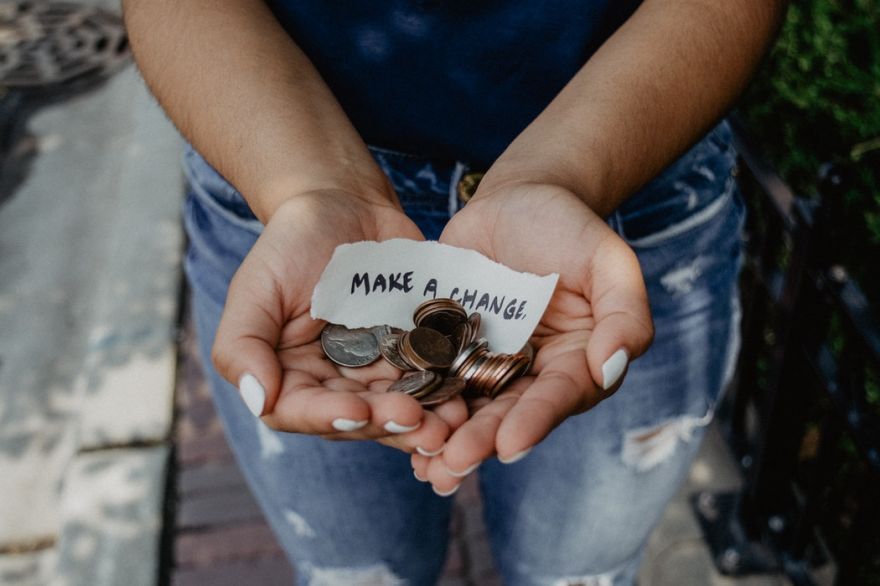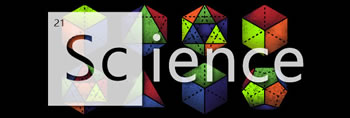
As a song goes, "I feel something so wrong doing the right thing / I feel something so right doing the wrong thing." Not necessarily the best analogy for the theory of moral licensing which in essence says that when we do good, it gives us a form of mask in which we could hide our bad deeds. Think of it this way, if you are taking an exam, and you get an answer right, you feel good about yourself. Then that would form a kind of buffer that cushions your mistakes. The more answers you get right, the more allowance you have to get a few answers wrong. In principle, that's what the theory of moral licensing does to humans. Since we believe that we are doing good, then a few misdeeds wouldn't hurt. The psychology is somewhat similar to the good cancelling out the bad. But in practice, that's not really how things work.
In a recent paper, economists at the University of Chicago reported that working for a socially responsible company motivated employees to act immorally. In one experiment, people were hired to transcribe images of short German texts and paid 10 percent upfront, with the remaining payment being delivered if they completed the transcriptions, or if they declared the documents too illegible to transcribe. When they were told that, for every job completed or marked illegible, 5 percent of their wages would be donated to Unicef’s educational programs, the instances of cheating rose by 25 percent, compared to where no charitable donation was offered. Cheating manifested in both workers not completing jobs (taking the 10 percent upfront fee and running) and also workers saying that documents were too illegible to transcribe (and so receiving the full fee).
(Image credit: Kat Yukawa/Unsplash)






Commenting on Neatorama will earn you NeatoPoints!